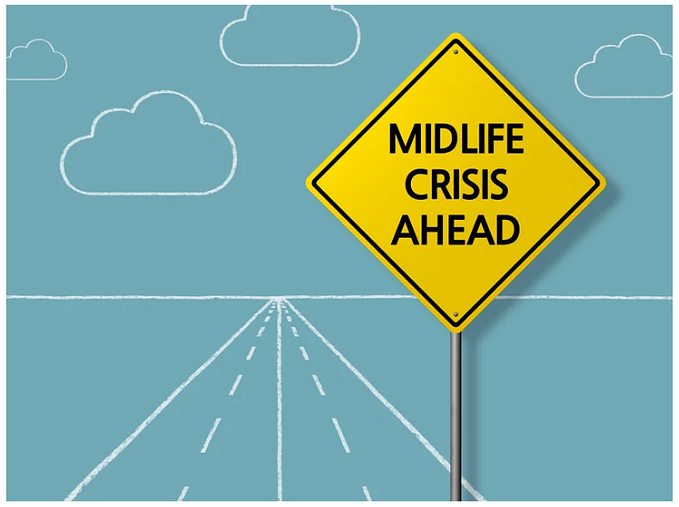Member-only story
Is Breakfast Really the Most Important Meal of the Day?
The bottom line on morning fare

 For years, the conventional wisdom has held that not only is a good breakfast vital, but it’s also the most important meal of the day. A good breakfast promotes overall better health, the thinking goes. Some experts advise that eating an early morning meal boosts metabolism and helps people lose weight over time.
For years, the conventional wisdom has held that not only is a good breakfast vital, but it’s also the most important meal of the day. A good breakfast promotes overall better health, the thinking goes. Some experts advise that eating an early morning meal boosts metabolism and helps people lose weight over time.
Science isn’t so sure about all that. Neither is Tim Spector, a professor of genetics at King’s College London and author of The Diet Myth: The Real Science Behind What We Eat. “Breakfast has no special importance — other than being the first time you eat after a long fast (i.e. sleep) and when our metabolism is working at its best,” he says. “Of course, the breakfast cereal manufacturers will tell us otherwise.”
Flavia Cicuttini, a researcher at Monash University, agrees that having breakfast holds no special importance for a person’s overall well-being. Cicuttini was part of a team that recently reviewed 13 studies on the relationship between breakfast and a person’s weight and energy. Cicuttini and her colleagues published their findings in The BMJ in late January 2019.
“We can conclude that modification of diets to include consumption of breakfast might not be a good strategy for weight loss.”
They found that people who regularly ate breakfast consumed about 260 calories more per day than people who routinely skipped it, and on average, they weighed about one pound more — a statistical dead heat, for all practical purposes.
“We can conclude that modification of diets to include consumption of breakfast might not be a good strategy for weight loss,” says Cicuttini in an email. “Importantly, there was no evidence for improved metabolism in those who ate breakfast or that they were less likely to overeat later in the day.”
However, studies suggest there may be significant health risks associated with skipping breakfast, though the science on this is fuzzy.
One recent study looked at nutrition surveys of 6,550 U.S. residents ages 40 to 75, none of whom had a history of cardiovascular disease. Just 5.1% said…










